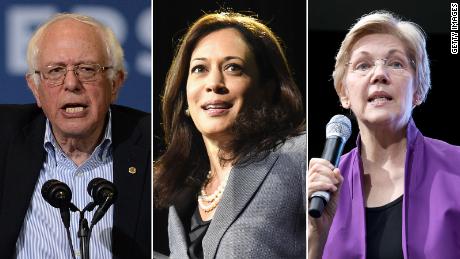As we approach the 2020 election I believe it is vital that residents of the Shenandoah valley understand the institution of slavery not only in the United States, but the role it had here and the impact reparations would have on you and me as citizens.
First, let me be clear: I strongly believe that slavery was and is an abhorrent institution, doomed to failure, and has forever left a dark stain on the soul of this great Republic. Slavery was not born in America. Long before black slaves touched our shores — not as “indentured servants,” as recently referenced by our governor — slavery as a business had been flourishing throughout the world.
Well before any white Europeans set foot in Africa, native tribes sold other captive tribesmen into slavery. It was a very lucrative business for African tribes who profited from their dealings with Muslim and Portuguese slave traders. Between 1525 and 1866, in the entire history of the slave trade to the New World, out of the 12.5 million slaves exported only about 388,000 landed on our shores – a small percentage.
People usually associate slavery with the Deep South, but slavery was an integral part of the development of the Shenandoah Valley. Slaves worked not only in textiles and agriculture, but also in the valley’s booming iron industry. Of note, many young female slaves were purchased to serve as “breeders” who would increase the number of slaves and, consequently, the income of the slaveholder. The very notion of using enslaved women to increase the slave population for someone’s profit is, of course, repellant to any civilized person. The 1830 U.S. Census reveals the peak number of slaves in Shenandoah County at 2,423.
Unfortunately over the years, many ethnic groups in America have been persecuted for the color of their skin, religion, or ethnic background – Native Americans, Jews, Irish Catholics and others. American citizens of Japanese ancestry were packed into internment camps, even as their sons fought the tyranny of Nazism. In addition, there was rampant and unrestricted Chinese slavery practiced in California in the late 19th century. None of the descendants of these groups received compensation in the form of monetary reparations for these injustices.
A vexing question, when it comes to reparations, is “Who pays who”? Complicating the issue of who would pay and receive reparations, it should be noted freed blacks in the U.S. also owned slaves. As noted historian Henry Lewis Gates Jr., points out, this is one of the most uncomfortable questions in African-American history. Why would a free black man wish to own another black man, or for that matter a white indentured servant? Nevertheless, the fact remains that they did so. Who pays the reparations to the descendants of those black-owned slaves?
So not only is the concept of reparations based on a debatable premise, but it also calls for a daunting calculus for monetary compensation that could not possibly attain anything close to fairness, practicality or widespread agreement. In short, it would likely create more rancor and divisiveness than it would solve.
While we cannot ignore the sordid history of slavery in America and the valley — and the injustice and racism that continue to this day — neither can we deny the fact that many Americans who view themselves as “victims” enjoy a living standard that is the envy of much of the world. There have been shameful times in our past, but we have emerged from those times with more and better opportunities for all Americans. Leaving aside the impossible vetting and high costs needed to determine who is legitimately due reparations, I cannot help but feel that ripping the bandage from this wound would surely scar us all. Collective victimhood is as false a proposition as collective guilt. Each of us bears our individual burdens. But unfortunately, both of these flawed concepts are utilized by ”progressive” politicians to keep African Americans and other growing ethnic groups permanently dependent on Federal government programs. Wouldn’t it benefit everyone if we focused on solving TODAY’s problems, instead of preserving old grievances for their inflammatory value during campaigns?
My great-great grandfather, Pvt. William H. Baldwin, succumbed to wounds he suffered at the battle of Cold Harbor while fighting to enforce the Emancipation Proclamation to make all men free. Did he give his life so that his descendants would owe a perpetual, guilty debt to the descendants of the men and women he helped free? I think not.

